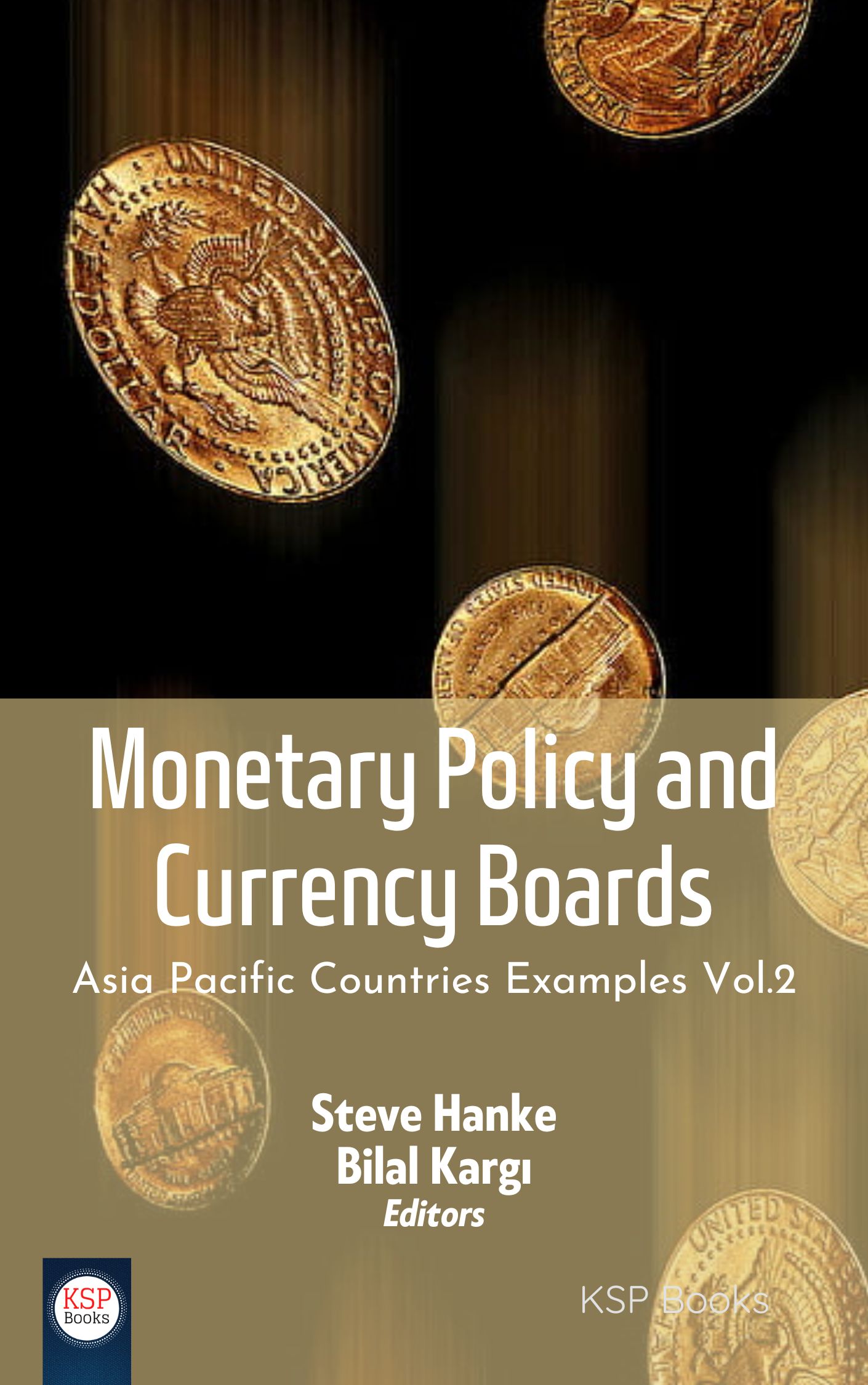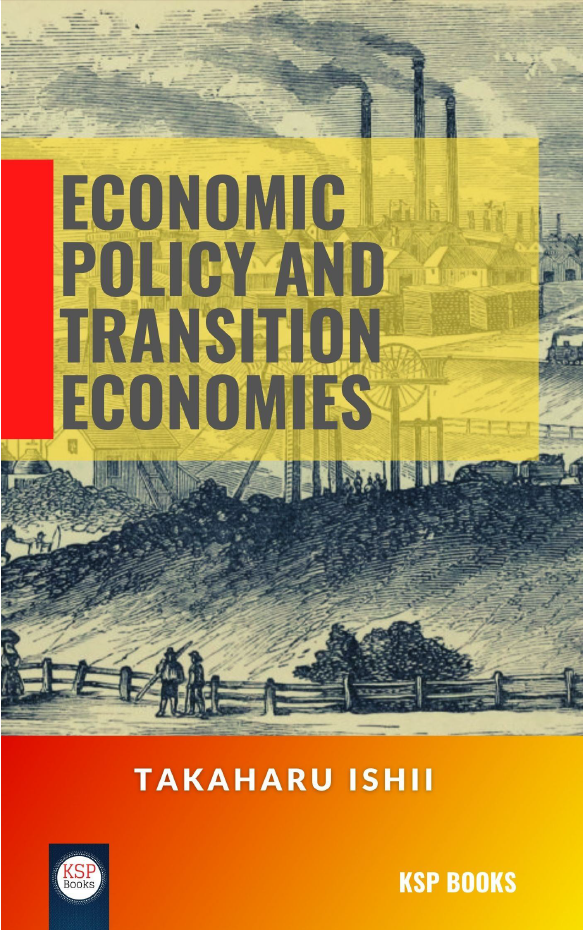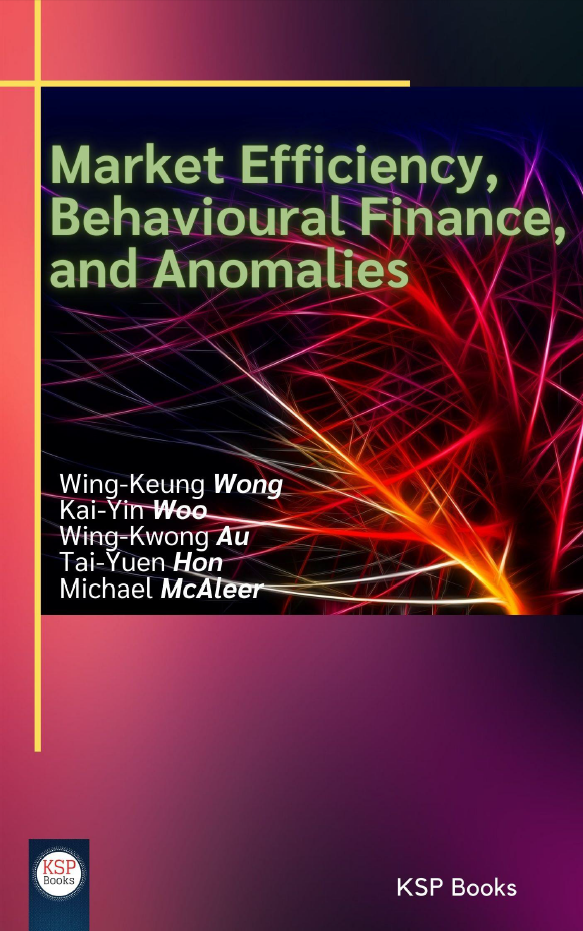By
Lingling Wang
Worcester State University, USA
Aysun Ficici
Southern New Hampshire University, USA
Bo Fan
Worcester State University, USA
e-ISBN: 978-605-7736-57-4
Publishing Date: December 15, 2019
File Size: 3,270MB
Length: xiv + 115 pages (PDF)
Language: English
Dimensions: 13,5 x 21,5 cm
 This Book is completely open access. You can freely read, download and share with everyone.
This Book is completely open access. You can freely read, download and share with everyone. 
This book aims to explore one of the most important aspects of knowledge management, knowledge transfer in multinational enterprises (MNEs). It examines this knowledge transfer process from two distinct perspectives: intra-firm and inter-firm. Intra-firm transfer of knowledge refers to the knowledge flow between headquarters and subsidiaries and inter-firm transfer is defined as the knowledge transfer between partners in international joint-ventures (IJV). Specifically, it attempts to investigate the factors that influence the intra-firm knowledge transfer process and the willingness to share knowledge between partners in IJVs, in order to improve the performance of MNEs. Since willingness to share knowledge between partners is more complex than that between parent and subsidiary due to the difference in ownership structure, if MNEs can manage the willingness to share knowledge in IJVs, then dealing with it between parent and subsidiary should be much easier.
To examine intra-firm knowledge transfer, system dynamics (SD) modeling is adopted and simulations demonstrate that both the transmission willingness and capacity, and absorptive willingness and capacity are important for MNEs to enhance its performance, since knowledge transfer is a two-way communication process. In order to reach a win-win situation, both headquarters and subsidiaries should be willing to share knowledge and learn from each other. To improve the effectiveness of knowledge transfer, ways to enhance transmission willingness and absorptive capacity, and cultural factors that influence cross-border communication are explored and discussed.
In inter-firm knowledge transfer, most of the research literature examines the absorptive capacity of recipients of knowledge but does not examine the willingness to share knowledge. In fact, knowledge will not be effectively and efficiently transferred between partners if only capacity is involved. Therefore, the willingness to share knowledge is equally important in the knowledge transfer process. After a survey of literature, several factors that may influence willingness to share knowledge between partners in IJVs are identified. Then questionnaire was sent out, and based on the responses of the survey, three case studies are employed to verify those factors that determine the willingness to share knowledge in IJVs in China.
This study attempts to get a better understanding of the intra-firm and inter-firm knowledge transfer in academia and provide some useful insights to practitioners in order to effectively and efficiently manage knowledge in MNEs and enhance firms’ performance, since knowledge is the most important strategic asset that firms possess and is closely related to their sustainable competitive advantage.
Introduction
Chapter I
Accumulation of knowledge in MNEs through intra-firm transfer |
Introduction
Literature review
Knowledge
Definition of knowledge
Knowledge in organizations
Properties of knowledge
Ambiguity
Stickiness
Tacitness
Knowledge transfer
Methodology
Results and discussion
Conclusion
Chapter II
Knowledge transfer within MNEs: Ways to improve transmission willingness and absorptive capacity |
Introduction
Literature review
Obstacles in the knowledge transfer process
Knowledge areas for improvement
Ways to improve the effectiveness of knowledge transfer
Cultural factors influencing knowledge transfer
Individualism/collectivism
Power distance
Language
Conclusion
Chapter III
Knowledge transfer in international joint-ventures: Comparative analysis from foreign and Chinese partners |
Introduction
Literarature review
International joint-ventures
Internationalization and transaction cost economics
Resource-based view
Knowledge and learning theories
Social exchange and social control
Knowledge transfer in alliances
Trust
Commitment
Conflict
Protection
Competitive overlap
Tacitness
Cultural factors
Success
Methodology
Theoretical sampling of cases of IJVs
Data collection
Case studies
Introduction to company background
Case 1: LCFC Electronics Technology Co., Ltd
Case 2: Xi’an Qinhua Natural Gas Co., Ltd
Case 3: GAC Toyota Motor Co., Ltd
Results
Discussions
Managerial implications and conclusion
Chapter IV
Overall conclusion |
Findings and results
Guidelines for businesses to follow for successful transmission of knowledge
References
Lingling Wang
Worcester State University, USA
Dr. Lingling Wang is an Assistant Professor in Business Administration and Economics Department at Worcester State University, Massachusetts, United States. She received her doctorate in international business with a concentration in Strategy from Southern New Hampshire University. Her research interests include Knowledge Management, Strategy in International Strategic Alliances and Merger and Acquisitions, Emerging markets, Economic Integration, System Dynamics modeling, and International Trade and Competitiveness.
Aysun Ficici
Southern New Hampshire University, USA
Dr. Aysun FIÇICI is a Professor of International Business and Strategy at Southern New Hampshire University, Manchester, New Hampshire, United States. Her research interests are Strategy, Emerging Markets and Transition Economies, Cross-border Mergers and Acquisitions, Strategic Alliance, Joint Ventures, Business Education and Political Economy.
Bo Fan
Worcester State University, USA
Dr. Bo Fan is a Visiting Professor in Business Administration and Economics Department at Worcester State University, Massachusetts, United States. He graduated from Southern New Hampshire University, Ph.D. program in International Business with a concentration in International Finance. His main research interests are Cross-border Mergers and Acquisitions, Multinational Corporate Finance, Government Ownership and Risk management.
Related EconPedia Items
































